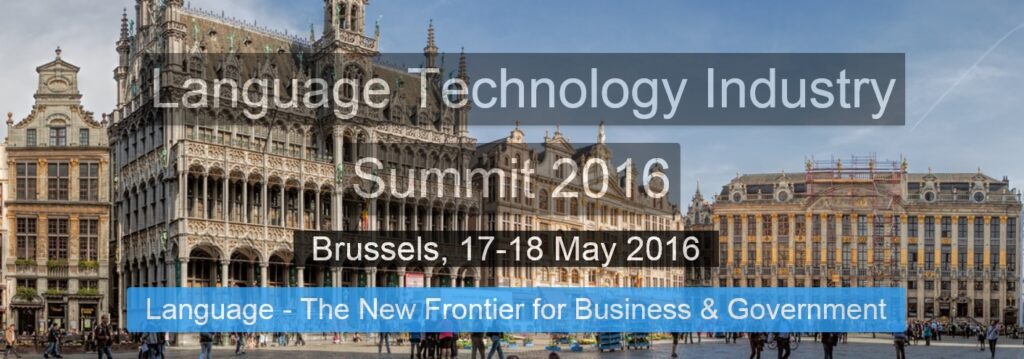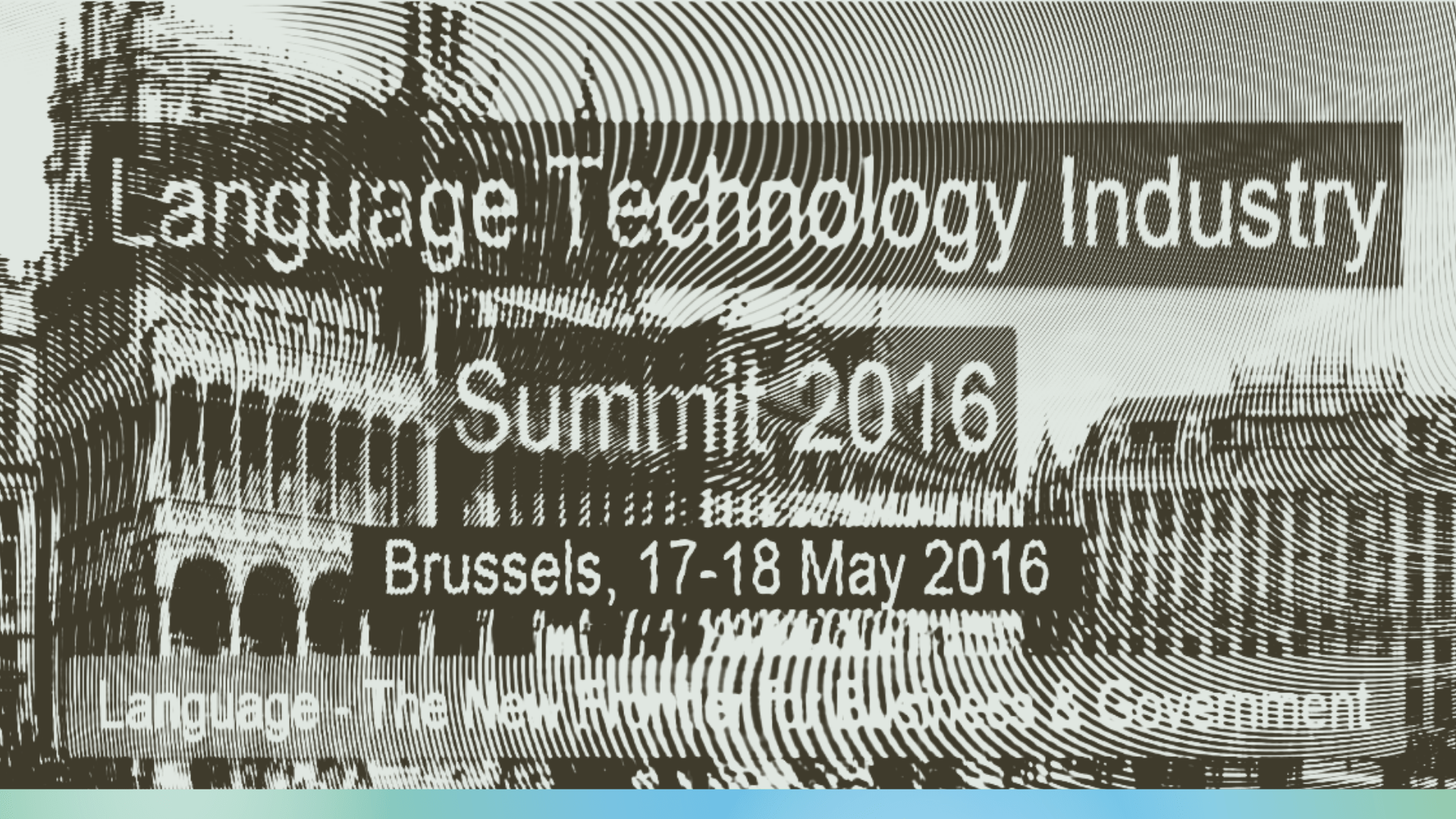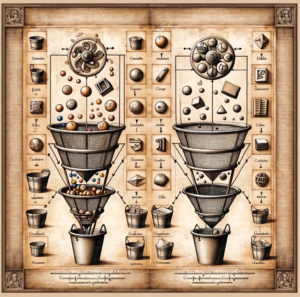
Is language the new frontier? If you ask people in the street they might shake their heads. That’s because language comes so naturally to us humans. From a technology perspective, many also believe that Google Translate has conquered it. Most of our European decision makers tend to think so as well, but they could and should know better.
Take the celebrated Digital Single Market. Cross-border e-commerce within the EU is minuscule, meaning Europe is totally fragmented by country in this key growth market. The Commission has identified several barriers: data protection, VAT, shipment costs — all important, but each of them could be solved at a green table. The Council would only need to withstand lobbyists and pass the regulation proposed by the European Parliament. The Commission, on the other hand, would need to retract the VAT mess it created for itself a while ago. Overpriced shipments are, like before the insane roaming fees, a result of privatized monopolies that need to be resolved the same way. A much tougher barrier to cross-border e-commerce, though, is Europe’s multilingualism. This is a frontier only few dare to cross.
Language is the new frontier. It’s bizarre that Europe is not fully behind this.
We also hit the language frontier when it comes to E-Government. Countries have grown together and citizens have benefitted from this to a degree, to the extent that today we take most achievements for granted: easy travel, inexpensive foreign goods, or studying and working abroad. But the EU has often made the second step before the first one. We have introduced a common currency without making our banking interoperable. We have removed border controls although our social and security systems hardly interact. Cross-border interoperability is difficult and requires much more than translation. Particular translations made by machines can only play a supporting role in a more elaborate solution.
Business in particular is leaving the vast land behind the language frontier to a few brave enterprises. Only slowly are CEOs beginning to really understand how social media has changed the playing field. Most still think that it’s good enough to speak the customer’s language — localize the company’s content and broadcast it, like it’s been done for decades, if not centuries. The future winners, though, realize that they must also understand what their customers are talking about on all these new channels; of course, in their mother tongues.
And finally, technology. Artificial Intelligence will change everything. Some skeptics even think it’s our last invention. In any case, we are not going to type commands into robots or self-driving cars. We will talk to AI. Language will be the UI. Also, as has been dramatically shown by the human defeat in Go, knowledge-driven learning is the key to AI. Most of our knowledge is stored in textual form, i.e. language.
So, yes, language is the new frontier. It’s bizarre that Europe is not fully behind this. Action is required by business and the public sector. Otherwise we will end up having to license this key technology from the usual suppliers.
This is a slightly modified version of the editorial in the brochure to the 2016 LT Industry Summit by LT Innovate’s Chairman and CEO Jochen Hummel.



